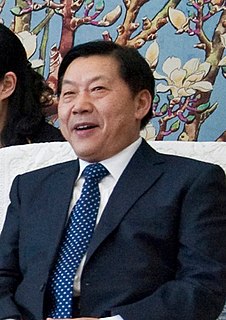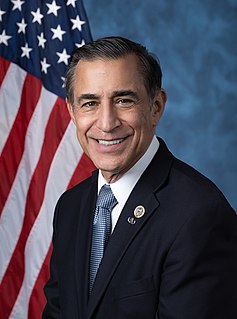A Quote by Lu Wei
The Internet is a worldwide platform for sharing information. It is a community of common interests. No country is immune to such global challenges as cybercrime, hacking, and invasion of privacy.
Related Quotes
Reading is the subtle and thorough sharing of the ideas and feelings by underhanded means. It is a gross invasion of Privacy and a direct violation of the Constitutions of the Third, Fourth, and Fifth Age. The Teaching of Reading is equally a crime against Privacy and Personhood. One to five years on each count.
Whether railroads or electricity or the Internet, there is always some sense that this is the new, redemptive platform - that finally, finally, we've found the platform that will allow us all to lead a democratic, global existence, where all problems will be solved. And the idea that the old platform becomes obsolete, "this kills that," and so on, also often accompanies the advent of a new technology. The digital platform is no exception.
































